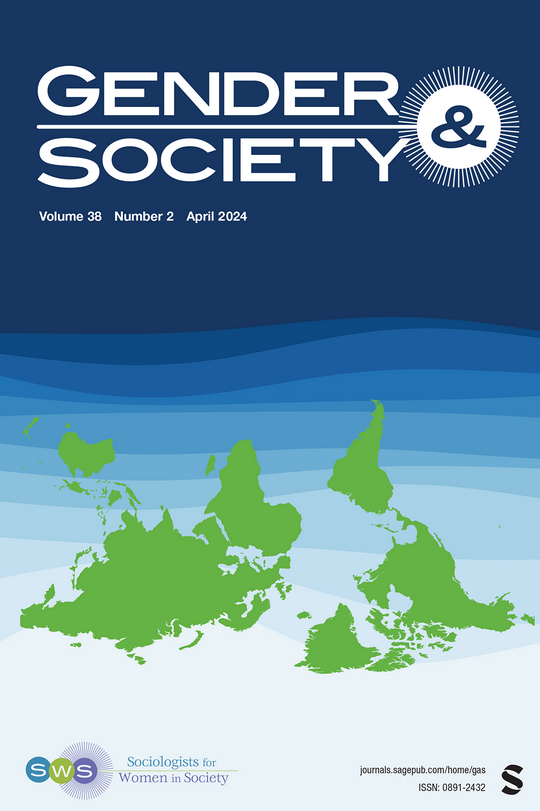"我本可以给他们一片心意":魁北克种族化穆斯林妇女的空间化感受和情感工作
IF 7.2
1区 社会学
Q1 SOCIOLOGY
引用次数: 0
摘要
2013 年《魁北克省价值观宪章》提议禁止在公共领域使用 "炫耀性 "宗教标志;这种禁令表面上看是中立的,但却伤害了认同穆斯林身份的女性,伤害了她们的归属感。本文研究了加拿大穆斯林妇女的情感经历,以及在伊斯兰恐惧症肆虐的背景下,她们为处理非穆斯林对她们的印象所做的情感工作。为了理解她们的经历,我提出了一个名为 "空间化情感"(spatialized feelings)的概念--情感是如何在交叉层级关系中完成的,并取决于社会行动者所占据的空间。我对魁北克穆斯林妇女的访谈和参与观察显示,她们对自我和归属的感受是空间化的。在白人主导的空间(工作、学校、公共场合)中,由于被排斥的经历,我的参与者感到与众不同。在有其他穆斯林的空间里,参与者感到自己与他人相连,但归属感却因交叉身份而变得复杂。虽然他们参与情感工作表明了他们的能动性,但情感工作却再现了种族和性别化的身体和空间。随着排斥政治在大西洋两岸的兴起,目标少数群体将越来越多地在公共空间中以性别方式体验种族化;空间化的情感是理解这些政治对归属感和情感工作的影响的核心。本文章由计算机程序翻译,如有差异,请以英文原文为准。
“I Would Have Given them a Piece of my Mind”: Spatialized Feelings and Emotion Work Among Racialized Muslim Women in Québec
The 2013 Charter of Values in Québec proposed to ban “ostentatious” religious symbols in the public sphere; while ostensibly neutral, such bans harm women who identify as Muslim, hurting their sense of belonging. This article examines the emotional experiences of Canadian Muslim women and the emotion work they do to manage non-Muslims’ impressions of them in a context of rampant Islamophobia. To understand their experiences, I develop a concept called spatialized feelings—how emotions, relationally accomplished in intersectional hierarchies, are contingent on the spaces social actors occupy. My interviews and participant observation of Muslim women in Québec revealed that their feelings about self and belonging were spatialized. In spaces dominated by whiteness (work, school, in public), my participants felt different, due to experiences of exclusion. In spaces with other Muslims, participants felt connected, but belonging was complicated by intersectional identities. Although their engagement in emotion work indicated agency, emotion work reproduced raced and gendered bodies and spaces. With exclusionary politics on the rise across the Atlantic, targeted minorities will increasingly experience racialization in gendered ways in public spaces; spatialized feelings are at the core of understanding the consequences of these politics for belonging and emotion work.
求助全文
通过发布文献求助,成功后即可免费获取论文全文。
去求助
来源期刊

Gender & Society
Multiple-
CiteScore
9.70
自引率
3.60%
发文量
78
期刊介绍:
Gender & Society promotes feminist scholarship and the social scientific study of gender. Gender & Society publishes theoretically engaged and methodologically rigorous articles that make original contributions to gender theory. The journal takes a multidisciplinary, intersectional, and global approach to gender analyses.
 求助内容:
求助内容: 应助结果提醒方式:
应助结果提醒方式:


